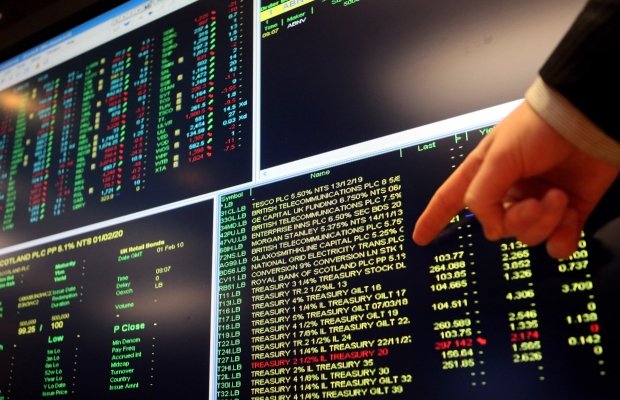6 reasons to start favouring European stocks over their pricey US counterparts

Goldman Sachs' chief US equity strategist has said that the S&P500 is "lofty by almost any measure", both for the aggregate market as well as the median stock.
Goldman's David Kostin found that to be true when using 10 different barometers:
(1) The P/E ratio; (2) the current P/E expansion cycle; (3) EV/Sales; (4) EV/EBITDA; (5) Free Cash Flow yield; (6) Price/Book as well as the ROE and P/B relationship; and compared with the levels of (6) inflation; (7) nominal 10-year Treasury yields; and (8) real interest rates. Furthermore, the cyclically-adjusted P/E ratio suggests the S&P 500 is currently 30% overvalued in terms of (9) Operating EPS and (10) about 45% overvalued using As Reported earnings.
A note from State Street agrees with that observation – and goes further by recommending a more bullish take on European stocks.
The authors of the note "European Equities: Time for an Active Approach" identify six reasons for the increasing appeal of European equities:
- Tighter sovereign spreads and steeper yield curve supportive for European equities
- Improving mix of monetary policy and growth outlook
- Attractive European company valuations and solid balance sheets
- Improving earnings outlook
- European equities’ discount excessive relative to US equities
- Current environment conducive for consistent returns delivered by an active systematic stock-picking strategy
They show that European shares are cheap relative to their US counterparts, on a price-to-book value basis.
In fact, they're a whopping 30 per cent cheaper, using the MSCI USA and MSCI Europe as proxies. State Street's note says that the disparity hasn't gone unnoticed, and that "investors, increasingly happy with the stabilising environment, have re-directed fund flows into European equities at a quickening pace since mid-2013."
Part of that reallocation has resulted from US tapering talk that saw funds flee emerging markets, but State Street say that there's also been "a clear bias towards Europe in latter months".